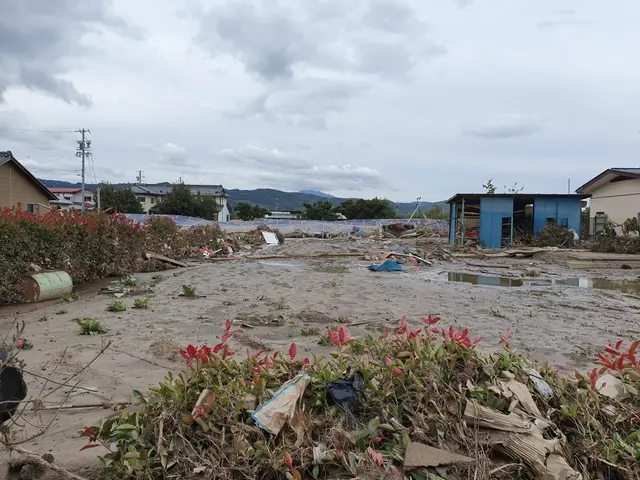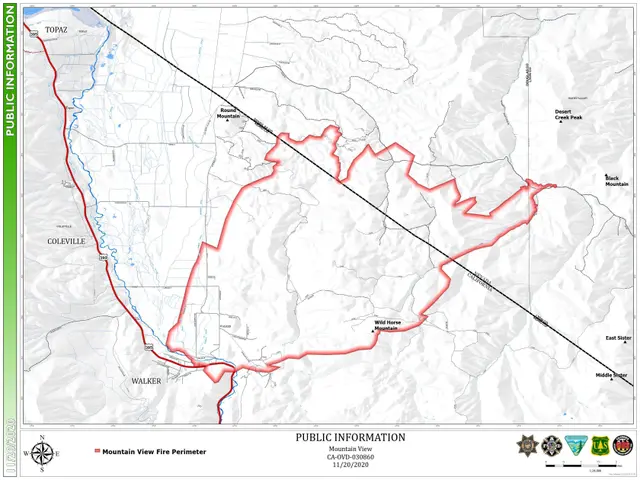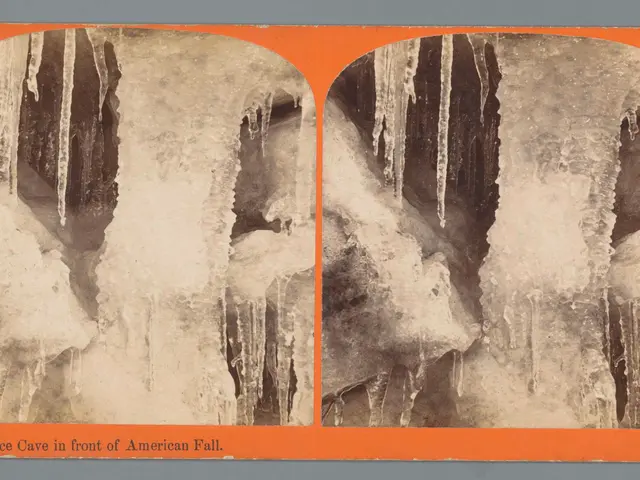World Shifting towards a New Nuclear Era: SIPRI's Warning
Nuclear weapons era apparently entering a fresh phase, according to SIPRI insights.
In an unsettling turn of events, the world is stepping into a new nuclear age, according to the Stockholm International Peace Research Institute (SIPRI). The days of decreasing nuclear arsenals seem to be behind us, with countries gearing up for an arms race. China, in particular, is reportedly beefing up its nuclear stockpile.
As of early 2025, about 12,241 global nuclear warheads existed, with approximately 9,614 in military stockpiles, ready for potential use. Roughly 3,912 of these weapons were deployed on missiles or aircraft. Around 2,100 of these deployed warheads were on high alert, primarily belonging to the U.S. or Russia [1][4].
SIPRI's annual assessment of the world's deadliest weapons stated that the era of reducing nuclear weapons is nearing its end. Instead, there is a growing trend towards expanded nuclear arsenals, escalating nuclear rhetoric, and the abandonment of arms control agreements.
Nine nuclear-armed nations—the U.S., Russia, Britain, France, China, India, Pakistan, North Korea, and Israel—are planning to increase their stockpiles due to global tensions, SIPRI reports [4]. While Russia and the U.S., which together possess about 90% of all nuclear weapons, kept their operational warhead numbers relatively steady in 2024, they are pursuing extensive modernization programs, potentially increasing their arsenals in the future.
China is the fastest-growing arsenal, having added around 100 new warheads each year since 2023 [4]. With about 600 warheads currently, China's rapid buildup may see it possessing a nuclear arsenal similar to that of Russia or the U.S. by the end of the decade [5].
This global rearmament also includes technological advancements such as AI, cyberwarfare, and space capabilities, which could mark the next phase of nuclear competition [5]. However, the integration of AI into nuclear command systems raises concerns, as allowing AI to make launch decisions autonomously could result in calamitous scenarios.
In summary, the world's nuclear landscape is undergoing significant changes, presenting numerous challenges to international security and arms control agreements.
- The rising trend of expanding nuclear arsenals, as reported by SIPRI, is a matter of general news and political concern, especially given the advancements in science such as AI and cyberwarfare that could impact war-and-conflicts.
- Amidst global tensions, nine nations including China, which is the fastest-growing nuclear power, are reportedly planning to increase their nuclear stockpiles, according to SIPRI's annual community policy assessment on the world's deadliest weapons.
- SIPRI's warning about the new nuclear era sheds light on medical-conditions and their potential indirect impact, as the integration of AI into nuclear command systems could have serious repercussions, such as unforeseen launches due to AI errors, which could escalate war-and-conflicts.








